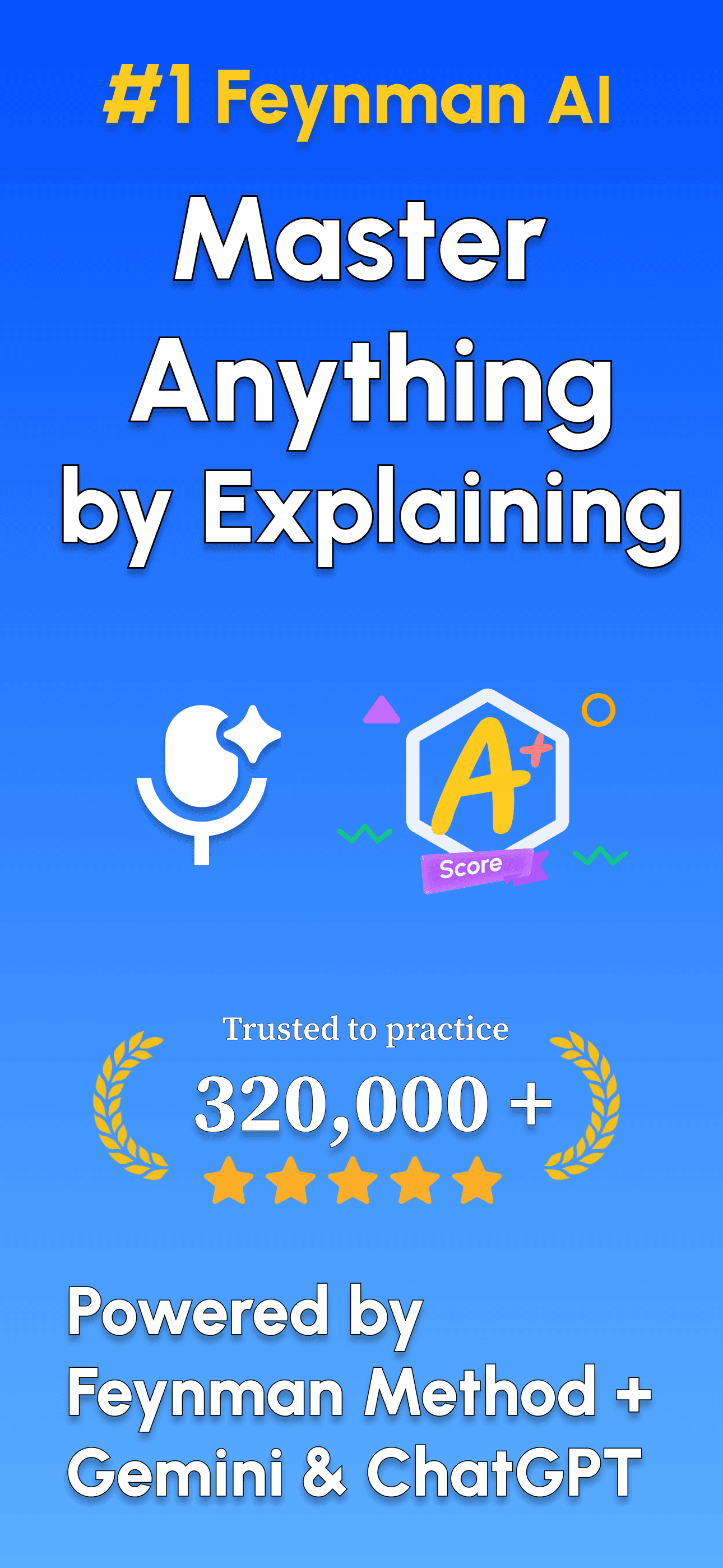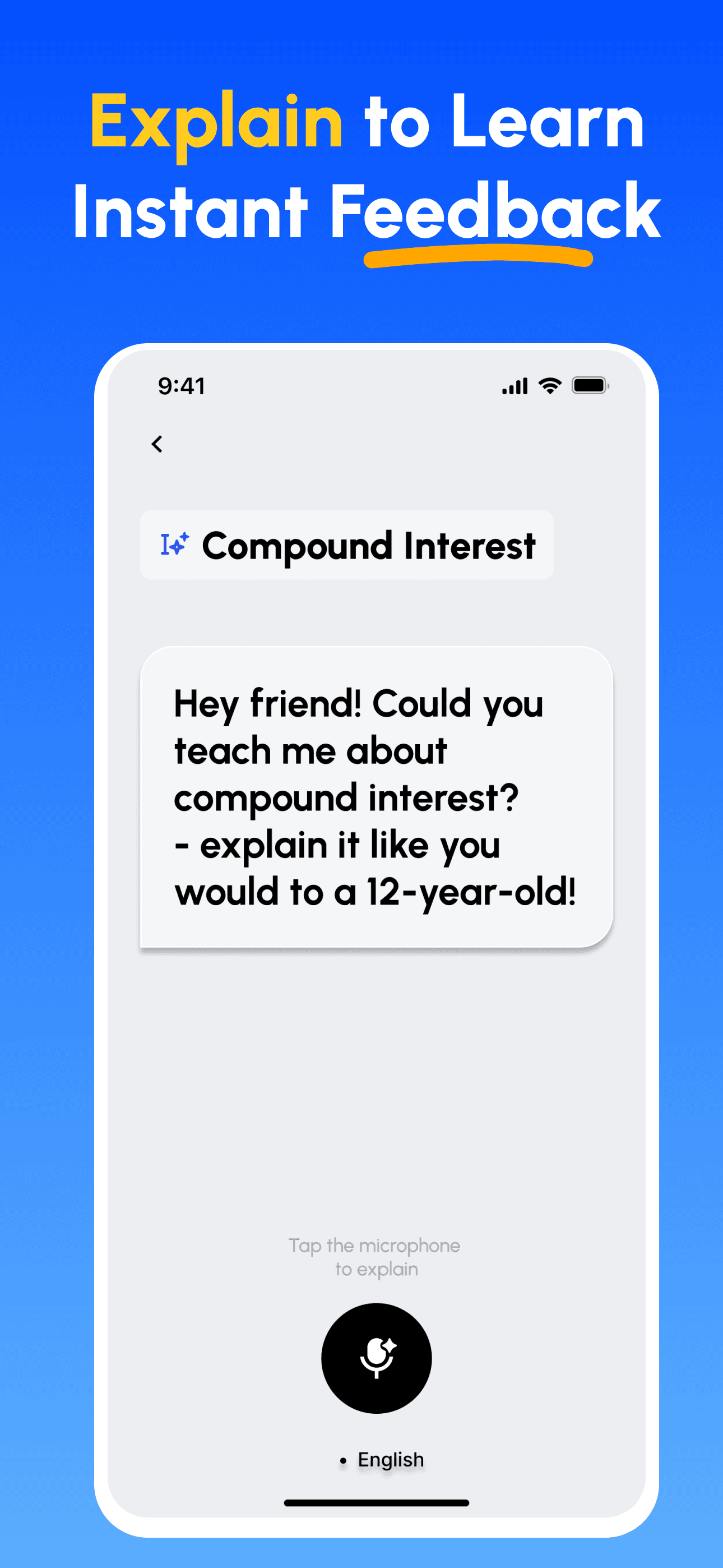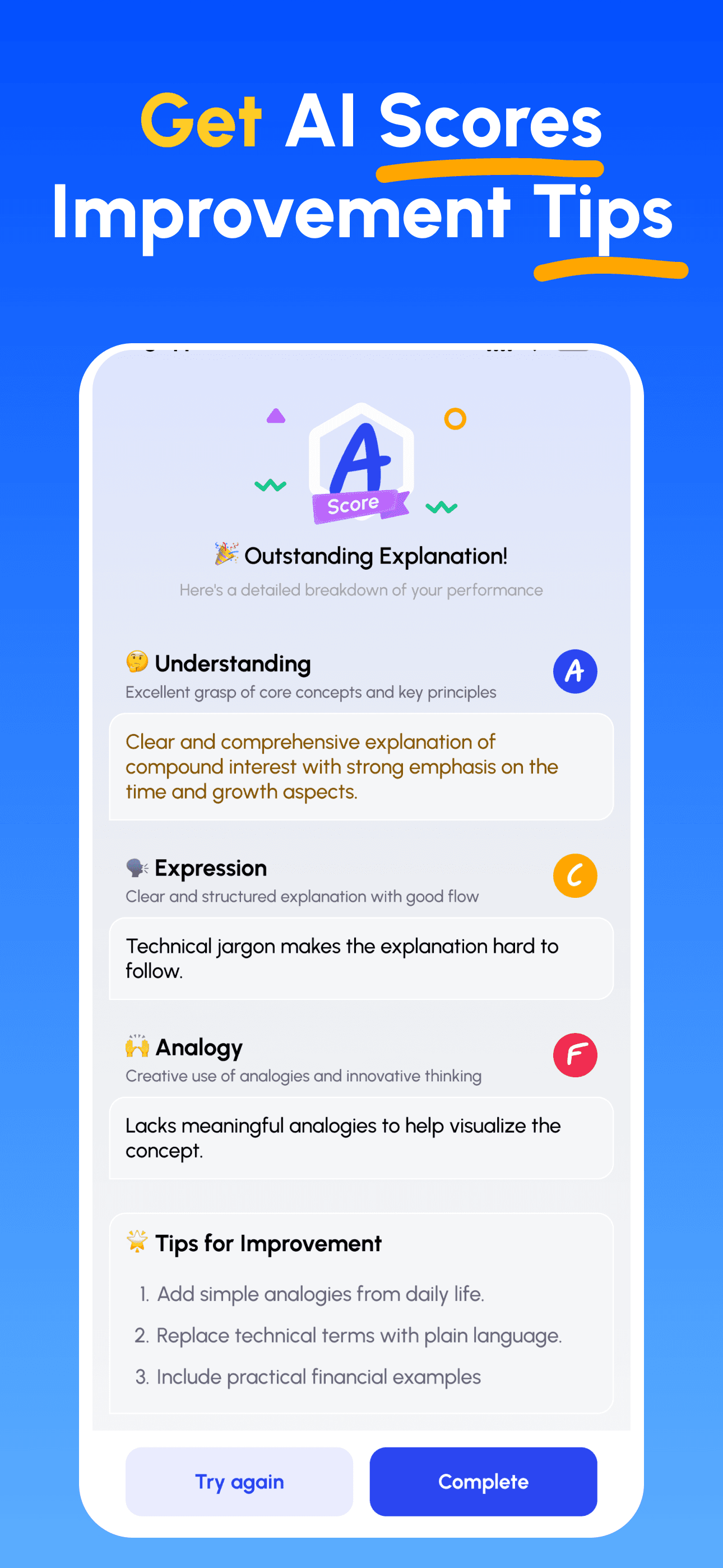Big Data
Big Data is like having a massive library of information that's too big to read through normally. 📚
Brief Introduction
Think of Big Data as trying to make sense of all the information created every day by millions of people and devices - like trying to count all the grains of sand on a beach. 🏖️ Just as we need special tools to clean a large house, we need special computer tools to handle this much information. It helps businesses and organizations make better decisions by finding patterns in huge amounts of information.
Main Explanation
Volume 📦
It's like comparing a backyard pond to an ocean. Big Data deals with information amounts so large they can't be stored on a regular computer. For example, all the pictures and videos uploaded to social media in just one day would fill thousands of home computers.
Variety 🎨
Just as a grocery store has different types of items (fruits, meats, drinks), Big Data includes many types of information: text, images, videos, sensor readings, and more. Think of Netflix collecting both what you watch and how you rate shows.
Velocity ⚡
Imagine trying to fill a water bucket under a waterfall - that's how fast new data comes in. Like your smartphone constantly generating location data, or a store's systems recording thousands of sales per minute.
Value 💎
It's like finding gold nuggets in a river. By analyzing all this data, we can discover useful patterns. A supermarket might learn which products to stock together based on millions of shopping trips.
Examples
- Weather forecasting: Combining data from thousands of sensors, satellite images, and historical records to predict tomorrow's weather. 🌤️
- Netflix recommendations: Using millions of viewers' watching habits to suggest shows you might like, like a super-smart friend who knows everyone's taste in movies. 🎬
- Traffic apps: Collecting location data from millions of phones to show the fastest route, like having thousands of birds giving you a view of all roads at once. 🚗
How Feynman AI Guides Your Learning
- Choose Any Concept: Start from a topic you want to master — browse curated subjects or enter your own.
- Learn Essentials: Skim clear, structured explanations, key terms and common pitfalls to form a solid mental model.
- Explain & Get Feedback: Record your explanation (voice or text). Get instant analysis on depth, clarity, structure and example quality.
- Review Scores & Improve: Follow targeted tips, refine your explanation and iterate until you can teach it simply.
Download Feynman AI Now
Start your learning journey today!




